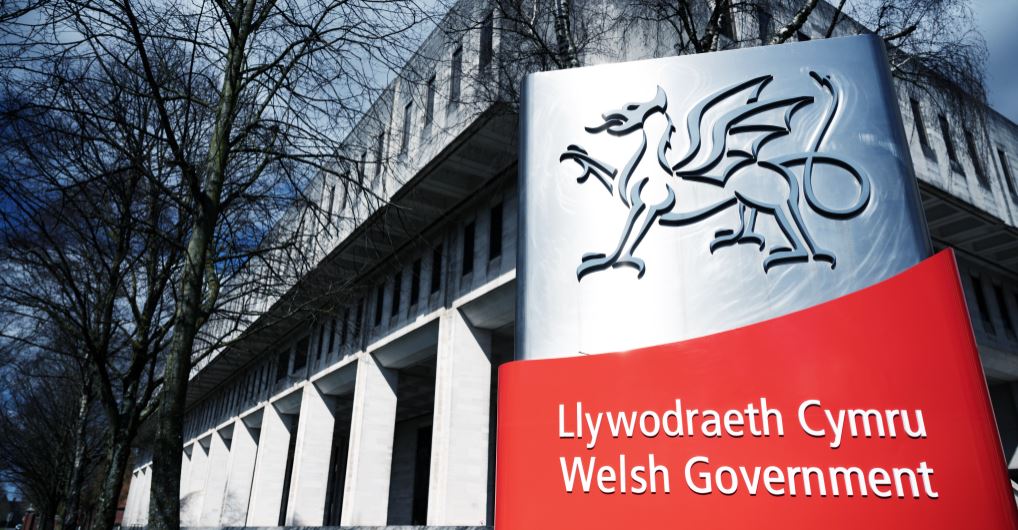Back in 1946 Aneurin Bevan legislated for a National Health Service organised on the principle that when a “bedpan is dropped in a hospital corridor in Tredegar, the reverberations should echo around Whitehall”. Central government would deliver universal healthcare on the basis of need, not geography. This is what the Welshman meant when he pledged to ‘Tredegar-ise’ healthcare across Britain.
Nor has devolution dimmed the idea of the NHS as a UK-wide institution. It remains the most visible and celebrated benefit of British citizenship and the lynchpin of our ‘Sharing Union’.
Two decades on from devolution it’s unclear how long the difference in NHS provision in Wales and England will be acceptable to the Welsh public.
Several factors have driven rising public concern. The hapless Welsh Health Minister Vaughan Gething has not had a good crisis. He was recorded swearing at a Labour colleague in virtual Senedd, then photographed eating a takeaway with his family – contradicting his own guidelines – in what became known as “Chipgate”.
That mini-scandal is nothing compared to the Welsh Government’s woeful overall handling of the pandemic. Indeed, the Older People’s Commissioner for Wales has called on the Equality and Human Rights Commission to investigate Wales’ care home crisis. The Information Commissioner is investigating the data breach of 13,000 shielding letters being sent to the wrong addresses (this happened a second time). Amazingly, the head of Public Health Wales at one stage denied knowledge of the Welsh Government’s testing targets, various iterations of which have been repeatedly missed.
All of this is set against a background of two decades in which Welsh Labour has delivered the worst health system in Britain. ‘Clear Red Water’ between Cardiff Bay and Westminster has resulted in five out of Wales’ seven health boards being under some form of intervention. Betsi Cadwaladr University Health Board has been in special measures for five years. Even Labour’s Rebecca Long-Bailey called for a public inquiry into the Cwm Taf Morgannwg Health Board. And the Wales Governance Centre’s ‘Devolution at Twenty’ poll found more people believe devolution has made the NHS in Wales worse than better.
Yet it is hard to see what differences between Wales and England require separate command structures. Nearly 50% of Wales’ population and 10% of England’s live within 25 miles of the Anglo-Welsh border. The Llanymynech golf course straddles the border, as do several housing estates. Commuters travel from Chester to Deeside and Chepstow to Bristol. Every year more than 130 million car journeys take place across the border. The North Wales Growth Deal and Western Gateway reflect these realities. Politics should no more get in the way of healthcare than the economy.
A ‘void in Welsh government’
The Welsh government also has less implementation capacity than Whitehall. In the damning words of former Welsh NHS boss Professor Siobhan McClelland: “There is neither capacity nor capability in Welsh Government to be making really good health policy”. She went on to say she had lost “confidence and trust in the [Welsh] healthcare system” and that there was a “void in Welsh Government where robust, rigorous, innovative health policy should be made”.
When it came to this pandemic, devolution meant a divided response when it most needed to be integrated. The furlough scheme, help for businesses, Self-Employment Income Support and enhanced sick pay were all implemented by Whitehall departments. Yet key Cinderella services – health, social care and education, along with public transport – are run from Cardiff.
Being different to London for the sake of it has turned what should be a One Nation approach into a four-nation lockdown exit leading to unfairness and confusion. First Minister Mark Drakeford’s puzzling Covid advice has had to be corrected, and an LSE study found that many people were confused by the different rules in England and Wales.
Meanwhile the Momentum-linked ‘Welsh Labour Grassroots’ calls for even more distance between Whitehall and Cathays Park. Should that happen it would be Wales’ most deprived areas, like Blaenau Gwent and Bevan’s own Ebbw Vale, that suffer the consequences.
And the fact is that most Welsh people still think of the NHS not as a Welsh institution, but a British one. When we joined in the Thursday night clapping we did so alongside the rest of the UK – and on July 5, when we mark the 72nd anniversary of its foundation, we will be applauding what most think of as a British institution.
An integrated ‘National’ Health Service and public health management for England and Wales would align with what most people expect from their government, and produce better results.
This would be a change in direction, certainly – but devolution is a process not an event. Or, to paraphrase the architect of devolution, Tony Blair, what should matter is what works.
Click here to subscribe to our daily briefing – the best pieces from CapX and across the web.
CapX depends on the generosity of its readers. If you value what we do, please consider making a donation.


